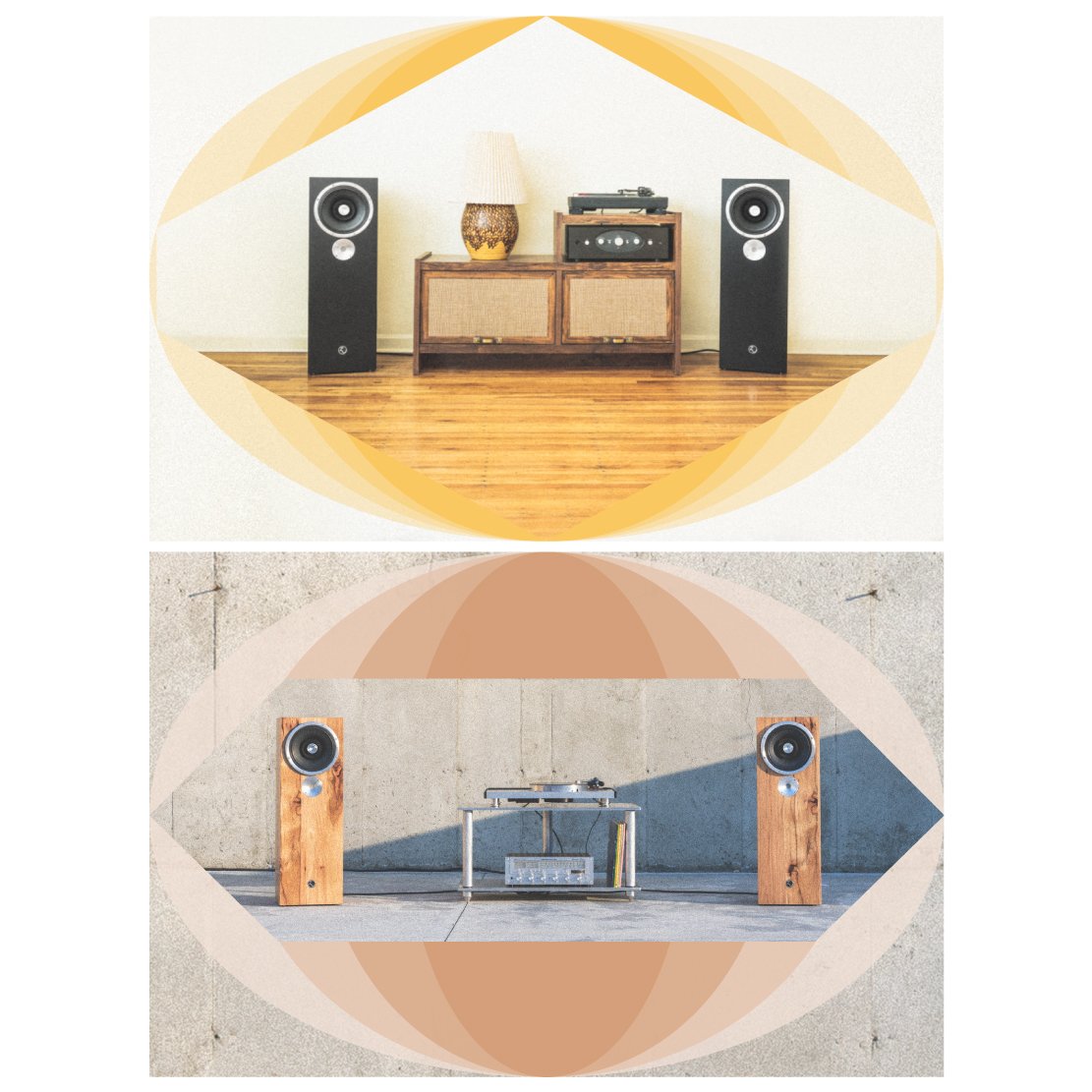Dirty Weekend 6 or Union 6 - Which is Right For You?
Union Six is a very high resolution loudspeaker that assumes you’re willing to rethink/changeup amplification and other aspects of your system. Union Six may require a bit of work to really get singing, and when it comes together…
Zu Loudspeaker Burn-In - Part One of Two
Zu loudspeakers require abundant break-in and burn-in to sound their best. The changes in performance they undergo is remarkable. While there is significant heavy-handed factory break/burn-in, more is required once they are in your home. The factory…
Tuning the Treble
Tuning to your desired treble qualities sits atop the position tuning sequence: bass, mids, treble. Without getting the bass and midrange right you are not likely to be satisfied with the highs—treble needs context or it will just float there in the mix, ungrounded, irritating you.
Mono & Mirror / Midrange Tuning.
This is the fourth installment on the acoustic aspects of room tuning a Zu loudspeaker. And just like last week’s post about bass tuning, this article on midrange is best understood if you have read the previous posts.
Mono & Mirror Method of Tuning. Less Foundational & More Mechanical.
Two weeks ago we talked a bit about the loudspeaker/room/listener triangle and how the qualities of one effect the other, how changing the qualities of any one effects the whole of the triad. Last week we touched on the basic qualities of a note—attack, sustain and decay—and how the objects forming the triad then interplay with the waveforms were recognized.
Room Tuning, Knowing the Note.
Most of what you will do in room tuning is about tone and the frequency domain and not attack. Knowing what you can affect and what you can’t, or shouldn’t, will help you make good choices. Before you spend a lot of time chasing the room-tune-timbre around the room, understand where in the note you're listening. Okay, piano for reference and keeping it simple but still useful—attack, sustain, decay.
Better Sounding Sound - Initial Zu Loudspeaker Placement.
Before buying gear to fix what might not be a gear problem, commit to playing in the Devil’s sonic triangle—balancing placement of Zu loudspeakers with the characteristics of the room and tastes of the listener.





















